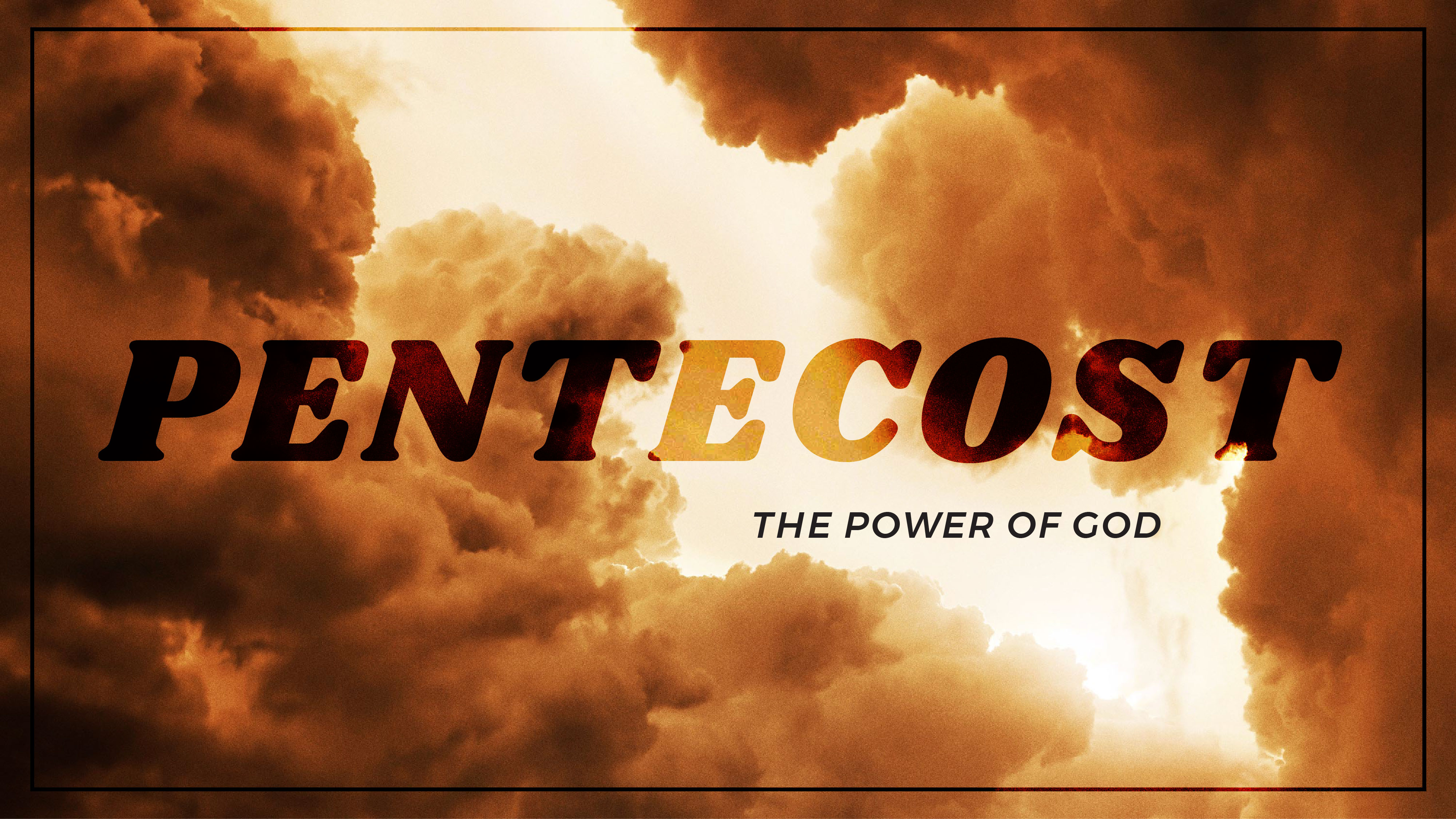-
Self-Dependence - Mark 9:14-29 Series
Contributed by Darrell Ferguson on Dec 26, 2023 (message contributor)
Summary: If you are a Christian, you probably don’t have the kind of unbelief the boy’s father had. But we often have the kind of unbelief the disciples had. This message will show you how to detect that kind of unbelief in your heart and overcome it.
Self-Dependence
It’s in those areas where God has given us abilities where we can drift into a kind of self-dependence. We just don’t have a sense of neediness or dependence in that area because it just feels like we’ve got the power within ourselves. And so we don’t pray. When you had your first child, you felt so inadequate, and you prayed so hard. But a while down the road of parenting, you get the hang of it, and what happens to the intensity of your prayers? You just don’t feel the same desperate dependence anymore, so you don’t pray as hard.
I think of Samson. Why on earth did he tell Delilah about his hair when it was obvious she was going to immediately tell the Philistines? I think it’s because he had been strong his whole life. He never knew what it was like to lose a fight. I’m convinced he just thought, I know as soon as I go to sleep she’ll cut my hair and call the Philistines—bring ‘em on! I’ll kick the snot out of them hair or no hair. I’m a big guy, I’ve been in a lot of scrapes, I know how to handle myself. It won’t be a problem. It’s just what happens to us when we have an ability that God has given us. We lose that sense of dependence on God in that area.
That’s one reason why it’s so important that God allow us to have failures once in a while. I have all kinds of training on how to prepare a sermon, but once in a while God lets me run across one of those sermons that no matter how much I study, it just won’t come together. It’s like it’s locked inside the text and God is saying, “This kind can come out only by prayer.” Maybe you’re one who can cook a pan of brownies in your sleep, but even you, every once in a while, find yourself staring at a plate of bricks thinking, I guess this kind only turns out by prayer. We need to be reminded once in a while where all the power comes from, including the powers God has given us to use at will.
But if we don’t have a sense of dependence on God—we’re not trusting in him, then when things go wrong, instead of turning to God, we turn against one another. Our first impulse is to find someone to blame—or some circumstance to blame. Our reflex isn’t prayer. It’s anger or panic or blaming someone or self-condemnation/depression or discouragement—anything but trusting God enough to go to prayer.
If we do manage to look inward, we so often locate the problem in our lack of giftedness, lack of skill or experience or knowledge, our temperament, mood. But how often do we diagnose a problem as, “I failed at that because of a lack of faith. I just don’t trust God enough, I don’t have a strong enough sense of dependence on him, and it’s obvious in my prayer life”?
It’s possible that it was something else. Maybe we do need to increase our knowledge or increase our skill or overcome some opposition from people. But probably more often than we realize, it’s simply a matter of not enough dependence on God, not enough prayer, not enough faith.
The boy’s father thought too little of Jesus’ power; the disciples thought to much of their own. They knew Jesus had power, but they weren’t depending on that because they had fallen into an attitude of self-dependence. It’s like you’re driving down the road just fine, then, oops, you’re in the ditch. “God! A little help?” Now you’re back up on the road. “That’s God. I got it from here,” and you keep on truckin’. God is like a winch you keep on your bumper for when you need to make a recovery, but when you’re on the road just fine you don’t feel a sense of dependence on him.

 Sermon Central
Sermon Central



